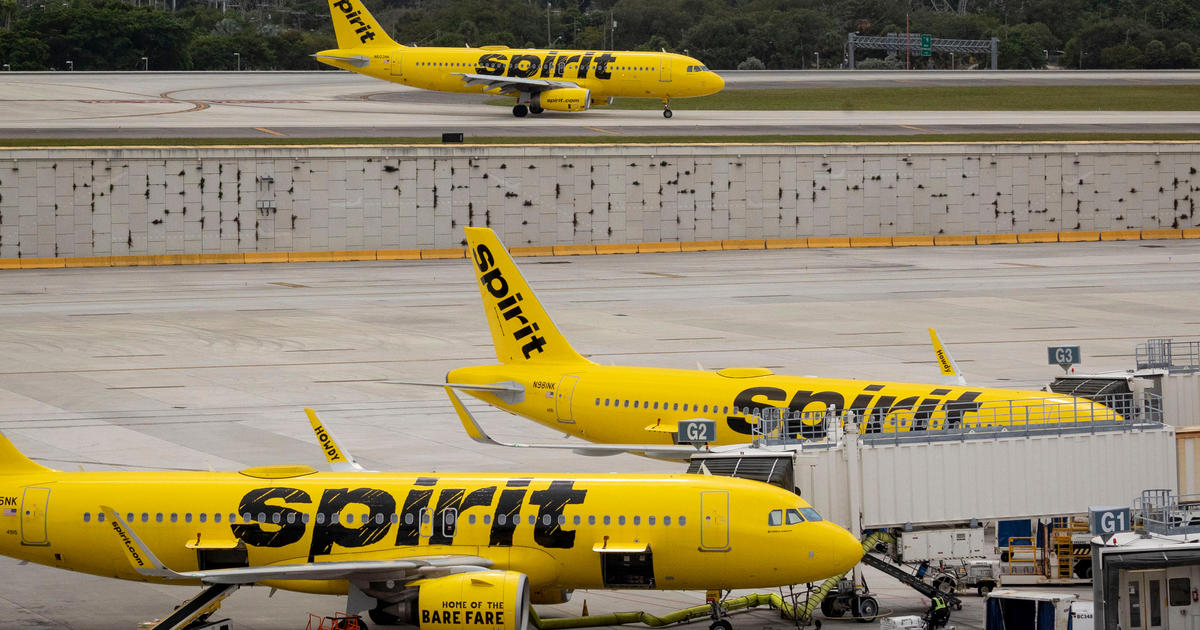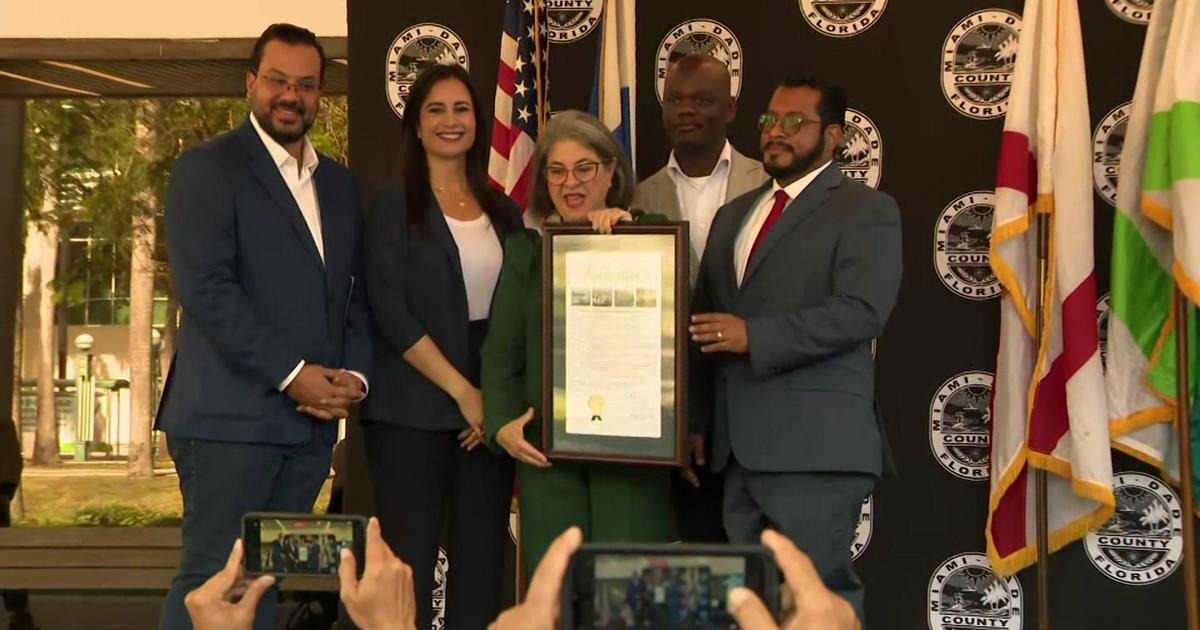What Has & Hasn't Changed Since Diplomatic Ties With Cuba Reopened
Follow CBSMIAMI.COM: Facebook | Twitter
MIAMI (CBSMiami) -- During the historic reopening of the U.S. embassy in Cuba in July, Charge d' Affaires Jeffrey DeLaurentis took on being the leader establishing diplomacy between the two nations after 53 years.
"We've set on a course where we can try to talk about all the issues. Some we can agree on and some that we can't," DeLaurentis told CBS4's Natalia Zea in a one-on-one interview.
Now, one year since President Barack Obama announced the two governments would work with each other again, U.S. business interests have improved on the island with telecommunications companies establishing networks in Cuba.
"I would certainly like to see things move more quickly. We've made some good progress this year," said DeLaurentis.
Zea asked how soon visitors would be able to fly commercial to Havana.
"We're in the middle of negotiations for civil aviation, which would hopefully include additional flights and regularly scheduled flights. I can't say exactly when those will finish but we're very close," said DeLaurentis.
Wednesday evening, officials confirmed the United States and Cuba have reached an understanding on restoring regularly scheduled commercial flights.
The diplomatic advance helps open the way for U.S. airlines to begin flying to Cuba within months in what would be the biggest business deal struck as the two countries try to normalize relations.
Officials on both sides described it as an understanding on aviation but not yet a formal agreement and they hoped to reach a formal deal within hours or days.
The Obama administration has called on Congress to end the embargo against Cuba.
DeLaurentis says it would help Cubans. "We want to support the growing private sector on the island."
Business aside, the Cuban government continues to arrest hundreds of dissidents. Unlike many in South Florida's Cuban exile community, DeLaurentis believes engagement is the solution.
"We've started the human rights dialogue which will continue, and we feel we have a much better opportunity and framework now to press, and of course we'll continue to speak out when we need to," said DeLaurentis.
Despite the potential of an improved country, Cubans are fleeing to the U.S. in droves.
Since the President's announcement, the number of Cuban migrants entering the country has gone up 78 percent.
Many are worried the Obama administration will repeal its "wet foot dry foot" policy.
"We have no plans to change our migration policy at this time," insists DeLaurentis.
As the U.S. works to improve quality of life for our neighbors 90 miles from South Florida, Zea asked what more the Cuban government could be doing to improve the relationship between the two countries.
"I think they should respond to the aspirations of their people. In other words they should make it less difficult for businesses to operate."
DeLaurentis cites the recently announced mail service agreement, a few environmental agreements and ongoing discussions about a counter-narcotics agreement as additional evidence that in his eyes, engaging with Havana is in the best interest of both the U.S. and Cuba.



